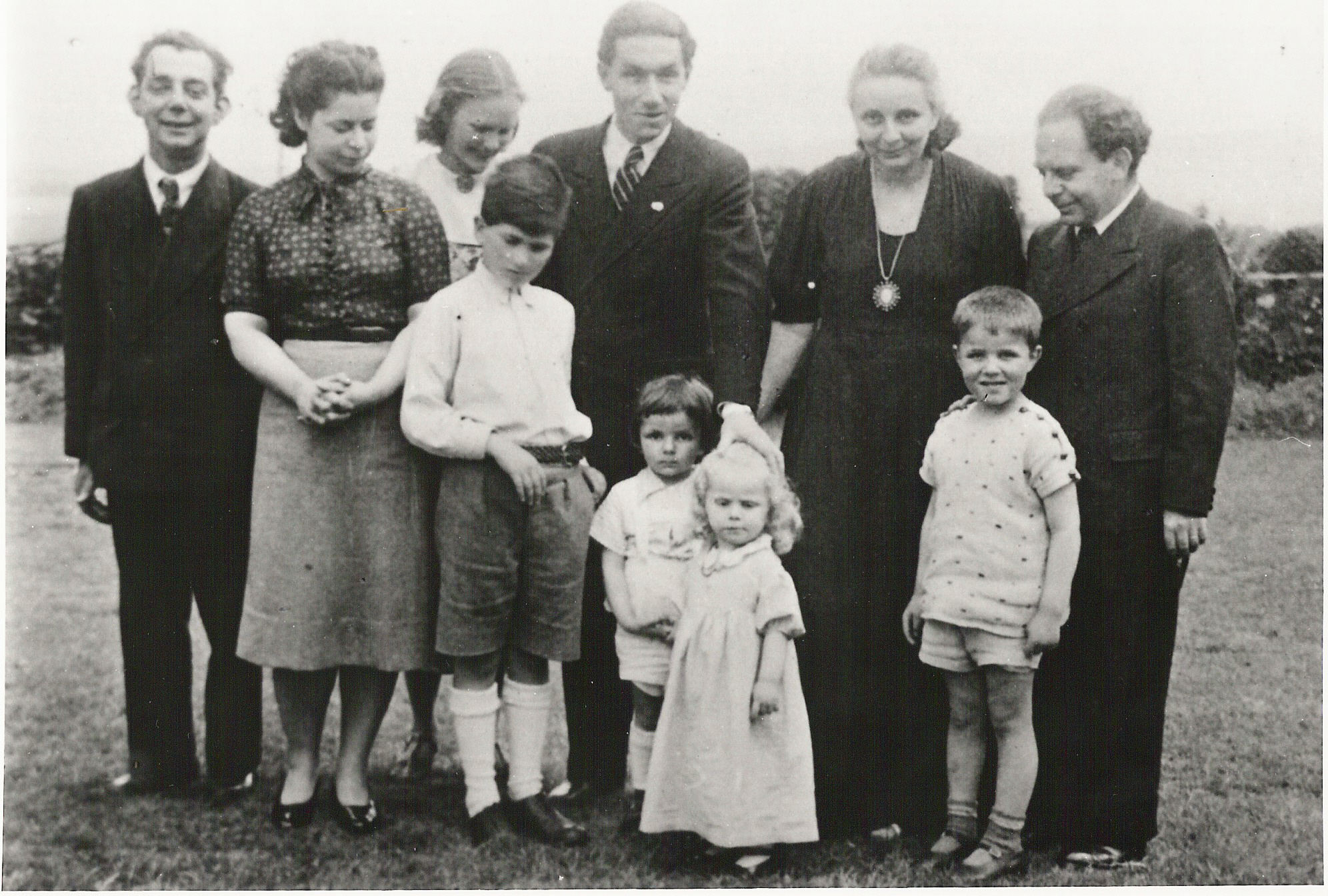
A Sense of Belonging: The Camphill Movement and its Origins—A Two-Part Podcast Series
with Katherine E. Sorrels
The Camphill Movement is a global network of intentional communities for abled and intellectually disabled people. With over 100 communities today, Camphill began after Dr. Karl Koenig, his wife Tilla, and a group of volunteers fled Nazi-occupied Vienna in 1938 and rejoined in Aberdeen, Scotland in 1939. There they undertook the care of Austrian- and German-Jewish refugee children, as well as British children, with disabilities. From that first Camphill Special School, a fusion of Jewish diasporas with Austrian and German spiritual movements and the U.S. counterculture all developed Camphill’s extraordinary approach to disability.
In the first podcast, Dr. Katherine Sorrels explains the Camphill Movement as it exists today and as it was founded 80+ years ago. In the second part, Dr. Sorrels elaborates on specific elements of the Camphill Movement: anthroposophy, counterculture, approaches to disability, and Hans Asperger and more. Via the Camphill Movement, we can really hear the transatlantic dialogue engaged in a vibrant, meaningful discussion.
- Katherine Sorrels is associate professor of history, affiliated faculty in Judaic studies, and chair of the Taft Medical Humanities Research Group, all at the University of Cincinnati. Her research concerns modern Central European and North American Jewish history, specifically Jewish internationalism, the history of medicine, and disability history. She is the author of Cosmopolitan Outsiders: Imperial Inclusion, National Exclusion, and the Pan-European Idea, 1900-1930, and is currently writing On the Spectrum: Jewish Refugees from Nazi Austria and the Politics of Disability in the Britain and North America.
You can find both podcasts below.
